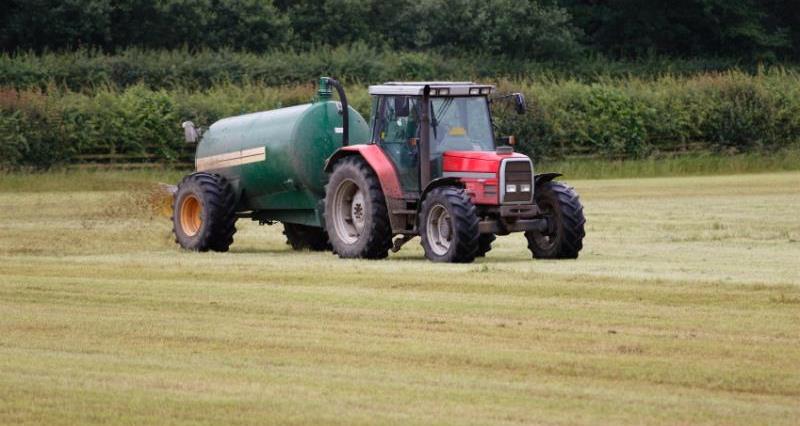Good management of nutrients makes good sense for your farm business.
It allows you to maximise the financial value of your slurry and manure and reduce your artificial fertiliser input costs.
It will also give you the peace of mind that your farm is not at risk of polluting your land, neighbouring land and the wider environment, reducing the risk of breaching any cross-compliance, Single Payment or agri-environment requirements.
Good nutrient management also offers many benefits for the environment. Nitrate and phosphate can cause serious pollution and impact on aquatic life, which can affect the wider natural environment. However, there are some simple precautions you can take to avoid nutrients being wasted and watercourses polluted.
What can I do?
- Plan your fertiliser use - fertilise at the best time for the crop and check field conditions.
- Don’t spread slurry in the autumn/winter.
- Maintain and calibrate application equipment.
- Check the nutrient management advice given in the Code of Good Agricultural Practice.
- Find out if you are in a Nitrate Vulnerable Zone (NVZ), and if you are, understand and follow the action programme measures (this is a legal requirement).
- Aim to empty your slurry stores before October, so you have enough storage capacity for the winter months.
- Minimise the overall volumes of slurry created, by diverting clean roof or yard water, roofing yards or stores, or using a slurry separator.
- Create woodland or grass buffer strips alongside watercourses to intercept any overland flow and trap sediment and nutrients.
It is important you comply to Farming Rules for Water regulations. You can find further information on FRfW and the recent RPS on the Tried & Tested Water Hub or read the latest guidance from the NFU.
